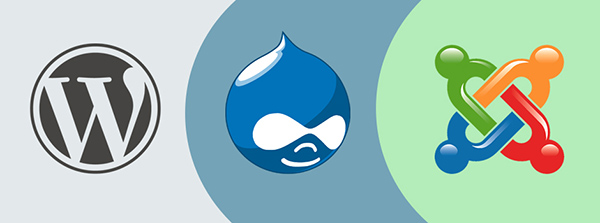When you’ve decided to create a website or to start a blog the first question that you are going to ask yourself is, which content management system you need to use.
The most popular and widely used open source content management systems (CMS) are Drupal, Joomla, and WordPress. These content management systems are all based on PHP and MySQL but differ in functionalities.
We’ve written a small comparison about these CMS platforms. Although choosing the right CMS totally depends on your goals and the desired functionalities for the website, the comparison below can still be very helpful to make your decision.

Drupal
Drupal is considered to be more complex than Joomla and WordPress because it requires more technical expertise. However, we can say that it is probably the most powerful CMS among all. You can use it for all types of websites from simple to very complex and advanced, Drupal fits for all. It has all the necessary features such as different templates and building tools to create an impressive website or blog. It is very secure and on average experiences, it has the least number of exploits and hacks. There are also a few disadvantages; the script is not user-friendly and it requires advanced knowledge to install and modify things. Another disadvantage is that the script can generate big server load if your website is too large.
Joomla
When it comes to ease of use, Joomla is easier compared to Drupal but it is more complex than WordPress. The installation process of Joomla is similar to Drupal. It takes only a few minutes and is ready to use right away. Just like Drupal this CMS can be used for any website from small and simple to large websites. Joomla has plenty of features to make all the necessary modules you need. Comparing to WordPress, Joomla allows you to build a website with more content and structure. It was designed to perform as a community platform and also has strong social networking features. On the other hand, there are also a few disadvantages; Joomla often makes websites heavy to load and run. The fact that some plugins only work with particular scripts can be considered as a disadvantage as well.
WordPress
WordPress is a better pick for beginners. It is really easy to use and it does not require PHP or HTML knowledge, unlike Drupal or Joomla. You will find thousands of plugins on the website and WordPress also offers lots of free and paid templates. You can also get great support from its community and find many tutorials to deploy simple websites. It is ideal for blogging and simple websites but not recommended for websites that require complex functionalities. Just like others, WordPress comes with a few disadvantages as well; the most important disadvantage in our opinion is that you are exposed to security vulnerabilities. Most plugins are also only usable for bloggers and not professional developers. When you do want to modify things it requires some PHP understanding as well.

